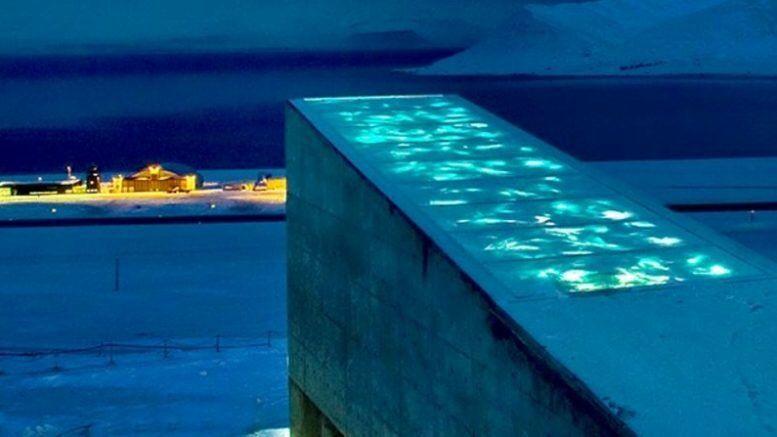Seeds of the war hell in Syria, to the seeds from the vault in Svalbard, give hope for faster food production when the peace comes one day.
This week, the seeds previously taken out of the vault for the first time will be saved again. The Svalbard vault deals with around 14,000 seed packets of both grain, and leguminous plants, which are cultivated in Lebanon and Morocco.
Originally, it concerned seeds from Aleppo in Syria, which were returned from the vault in 2015.
‘Even in permafrost, seeds have a limited shelf life. That new seeds are returned to the vault after cultivation is very important. These seeds can contribute to food production in Syria getting started again sooner when the war is over. This may be a matter of life or death for many people’, said Agriculture Minister, Jon Georg Dale.
Dale will participate in a Seed Vulnerability conference on Wednesday. Also attending will be the general director of the International Research Center for Dryland Farming (ICARDA), Aly Abousabaa, who previously lived in Aleppo.
The center works to send out more seeds, and continuously assesses the need for additional withdrawals from the vault, said the Ministry of Agriculture. The 14,000 seed packets will now be deposited, and represents about half of the inventory that was taken out in autumn 2015.
‘It is essential to take care of seed types that are adapted to local soil and climate, so that they can be restored if disaster strikes. It is not possible to use Norwegian grain types in Syria’, said Dale.
The Agriculture Minister is proud of the Global Seed Vault in Svalbard, which handles about 900,000 seed types from many different places in the world.
‘It is a large, and vital, task to care for all the genetic material that is so important for food security, and incomes within individual countries. For me, it’s a privilege to be part of something that is extraordinarily important’, said Dale.
Source: NTB scanpix / Norway Today




